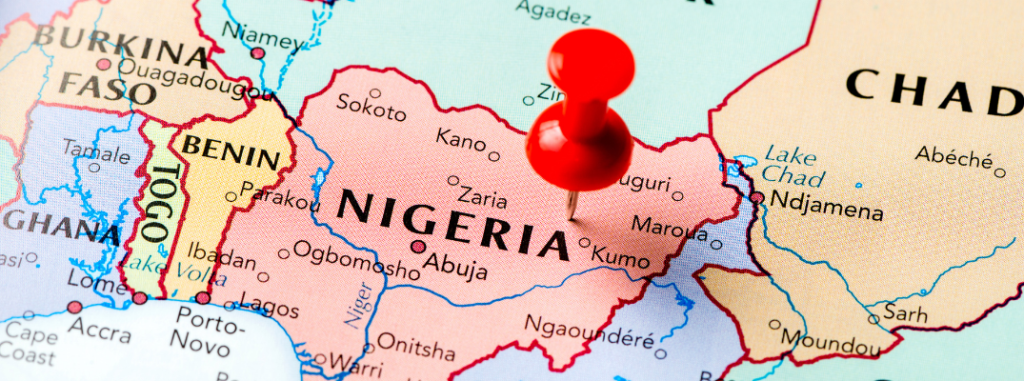Frankly speaking, climate consciousness in the Nigerian space has been characterized by a lot of plans and commitments but few actions. Nigeria, under President Mohammadu Buhari’s (PMB) administration in 2017, became a signatory to the Paris Agreement (PA). If you’re not conversant with that term, it is an agreement that sets out a global framework to avoid dangerous climate change by limiting global warming to well below 2°C and pursuing efforts to limit it to 1.5°C, according to the European Commission.
Since becoming a signatory, Nigeria made a commitment to cutting its carbon emissions unconditionally by 20% or conditionally by 45%, with international support by 2030, as detailed in the updated Nationally Determined Contribution (NDC). At the recent COP 26 held in Glasgow, PMB announced Nigeria would be a net-zero country by 2060. In pursuance of these goals, several institutions have been set up, and key targets, plans and policies drafted for Nigeria to achieve its said goal.
But with all these plans and goals, the road to cutting down on carbon emissions and achieving net-zero is one that is anything but straightforward. Nigeria, a low-middle-income country, cannot divorce herself from the inherent critical issues that characterise her priority and attention when pursuing ambitious projects. It can do so, but it’s going to be a slow, painful journey to achieving the laid-out goals.
In the space of 2 years, 2017-2019, Nigeria’s population rose by 10 million, estimating Nigeria’s population as of 2019 to become 201 million.
Since 2019, Nigeria’s population has grown by 15 million, making Nigeria a country of about 216.9 million, according to World Population Review (WPR). They predicted that by 2050, Nigeria would become the third most populous country on earth. While that may be something to rejoice about because of the huge potential for human capital, there is a lot to worry about in these uncertain times.
Firstly, Nigeria’s pre-existing food insecurity battle threatens the survival of about 19.4 million Nigerians, according to Food and Agriculture Organisation (FAO), and of course, exacerbated by climate change, the grim might get grimmer. The WPR estimates the future of Nigeria to have 400 million people by 2050. It is unimaginable to fathom the scale of the problem that lies ahead.
In addition, climate migration, an upshot of climate change that doesn’t get enough popularity, threatens the northern-Nigerian states of Kano and Sokoto and might cause about 9.4 million migrants, according to the World Bank (WB). It should also be known that the existence of high poverty levels in those areas already worsens the situation in these states. While the reasons for the migrations might be linked to climatic variations, one anthropogenic effect that stands out is internal conflicts, which can be linked to various reasons, including limited resources.
Nigeria’s readiness levels via Climate Action Tracker present the image that climate change is often given the back seat in Nigeria’s politics, mostly because attention is usually shared between corruption, economic restructuring, and security.
However, this does not mean that Nigeria has no plan or institutional framework prepared or organised for combating the effects of climate change, but the implementation of these lofty plans at a national level seems to not be in sight. It might be in the pipes, but it is definitely not in the know of many concerned Nigerians.
This often leaves independent stakeholders with no choice but to implement these policies in the capacity they can, sometimes without help from the government.
With Nigeria’s climate governance replete with key institutions and lofty policies, targets and laws, the output of these institutions and policies seems like a facade to showcase Nigeria as a climate-conscious country.
Although this laxity showcases Nigeria to be less climate conscious, the climate action in Nigeria would be incomplete without acknowledging the few private and public stakeholders who understand the urgent call for action and are ensuring that their best is implemented at the levels they find themselves.

